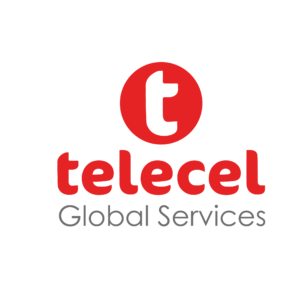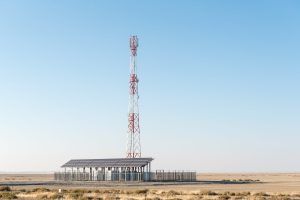Africa has lagged in the development and commissioning of data centers to meet the needs of both the business sector and general population whose reliance on edge computing is expected to increase exponentially compared to generations before. With the youngest population in the world, Africa will need to accelerate the deployment of data centers to meet the computing demand near the population that it is looking to serve.
No more than 15 African cities, with a population greater than 1 million users, is located near a Tier III data center, showing the glaring need for such capacity and where it is a foregone conclusion that the largest unconnected population is gearing to come online in the coming decade. As the continent’s broadband customer base, personal computing resources and smart phone use is expected to more than double by 2025, more than 45 data centers and technology parks have come online across the continent since 2015 to accommodate the demand. While the installation of data centers has experienced steady growth, the capacity is uneven because planning and deployment of data centers have been done so without a strategy that includes giving access to the unconnected population. Approximately 65% of the data center capacity is in South Africa. Most of the remaining capacity is spread between Egypt, Kenya, Morocco, and Nigeria, highlighting the evident gap where the remaining countries on the continent have very limited access to data center facilities.
Telecel Global has made the commitment to enter the data center space with unique attributes. By building and managing micro data centers, the objective is to spread their operations whereby creating small and secure environments to provide edge computing and resources to the underserved population. It is envisaged that this strategy should drive increased demand and facilitate more services as users get connected as well as help governments and private enterprise to implement their digitalization agenda.
Besides the ease of deployment, micro data centers also consume less power. With an average data center in Africa needing 1 MW or less to power up to 200 Racks, relying on the national power grid alone might not deliver the intended results, especially to qualify the data center for a Tier II or III certification. Telecel’s plan is to use all available surfaces to harvest solar energy and use this power to act as a primary and/or back up source to power the racks. While there will be a CAPEX commitment to deploy renewable energy, the cost savings over time will more than pay for the initial investment. Furthermore, aligning the technological advancement of the continent with its own carbon neutral ambitions, Telecel aims to create a unique offering which allows enterprises to act responsibly and contribute to the health of the environment by choosing to go ‘green’.
“Telecel plans to expand Africa’s technological data centre footprint whilst also ensuring that these facilities do not cause harmful effects on the surrounding environment. This is central to Telecel’s data centre strategy. In this way, an enterprise can actively choose to host its equipment or take up cloud-based services in a carbon neutral facility with the knowledge that it is contributing to sustainable computing practices”. Ramzi Shalak, CEO of Telecel Global said in a statement.
In addition, the need for robust edge computing, and adding to deploying energy efficient micro data centers, Telecel aims to create a secure environment with low latency to support advanced digital services and support new legislation around data sovereignty that is currently being adapted by many countries globally.
Africa, of course, presents some unique challenges along with high opportunity. It is a vast, diverse continent, highly fragmented in terms of resources, infrastructure, and current state of digital maturity. In addition to these challenges, varying climatic conditions also present a challenge to building out Data Centers.
Telecel Global intends to deploy its first micro datacenter in Central Africa Republic, Liberia, and Gibraltar, followed by two or three other jurisdictions currently under negotiation. To learn more about our data center deployment, contact our sales team at sales@telecelglobal.com





